Der Löwe von Flandern
Der Löwe von Flandern
ein historische Roman aus Alt-Belgien
Book Excerpt
uml;digsten Königs Philipp des Schönen sind leer. Enguerrand von Marigny hat ihm aufbinden lassen, Flandern sei eine wahre Goldgrube. Und er hat gar nicht so unrecht. Denn dies Ländchen hier besitzt allein mehr Gold und Silber als ganz Frankreich.«
Die Ritter lächelten und nickten wiederholt zustimmend.
»Hört weiter! Unsere Königin Johanna ist auf die Vlaemen sehr erbittert. Sie haßt dieses hochmütige Volk unaussprechlich. Sie sagte vor einiger Zeit in meiner Gegenwart, daß sie den letzten Vlaemen am Galgen sehen wollte.«
»So spricht nur eine Königin,« rief da Châtillon aus, »sollte ich je Statthalter dieses Landes werden -- was mir ja meine hochherzige Nichte versprochen hat --, so gelobe ich euch, meine Herren, daß die Landeskasse Geld speien wird, und daß es mir schon gelingen wird, mich dieses Peters de Coninck mitsamt seiner Gilden zu entledigen und die Plunderwirtschaf
Editor's choice
(view all)Popular books in History, Fiction and Literature
Readers reviews
4.0
LoginSign up
This book by the Flemish author Hendrik Conscience (1812-1883) was first published in 1838. This German language edition was first published in 1919, the printed edition has 424 pages, the ebook edition has 5570 locations.
This is the story of the 'Battle of the Golden Spurs' (also known as the Battle of Courtrai) which was fought on July 11, 1302, near Kortrijk (Courtrai) in Flanders. The background is a revolt by the Flemish against their French rulers. In this historical novel there is also a lovestory as a second theme. Conscience did extensive historical research before writing this book, he does make one mistake though: he writes in this book that Robrecht III of Béthune fought with the Flemings, while in reality the real historical Robrecht imprisoned was by the French.
Hendrik Conscience was a convinced Fleming (even though his father was French, his mother was Flemish). His sympathy for the Flemings is very clear in this book: the Flemings are the good guys and the French are the bad guys (but the worst are the Fleminsh traitors). The language is a bit dated, the book has a slower pace than modern books. The battle itself is descibed with a lot of details, it is very bloody, This book is a historical novel, based on real facts, that is entertaining and worth your time. I recommend this book to anyone who likes historical stories.
This is the story of the 'Battle of the Golden Spurs' (also known as the Battle of Courtrai) which was fought on July 11, 1302, near Kortrijk (Courtrai) in Flanders. The background is a revolt by the Flemish against their French rulers. In this historical novel there is also a lovestory as a second theme. Conscience did extensive historical research before writing this book, he does make one mistake though: he writes in this book that Robrecht III of Béthune fought with the Flemings, while in reality the real historical Robrecht imprisoned was by the French.
Hendrik Conscience was a convinced Fleming (even though his father was French, his mother was Flemish). His sympathy for the Flemings is very clear in this book: the Flemings are the good guys and the French are the bad guys (but the worst are the Fleminsh traitors). The language is a bit dated, the book has a slower pace than modern books. The battle itself is descibed with a lot of details, it is very bloody, This book is a historical novel, based on real facts, that is entertaining and worth your time. I recommend this book to anyone who likes historical stories.
- Upvote (0)
- Downvote (0)
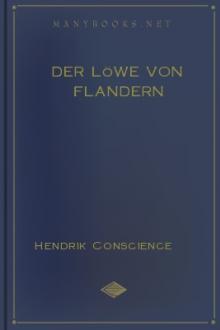
 Free Download
Free Download























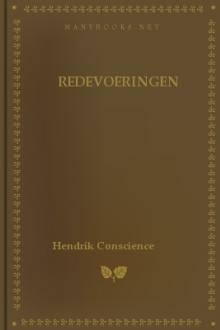
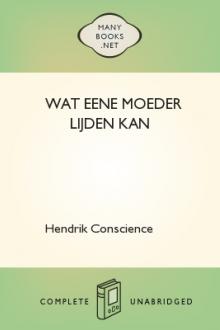
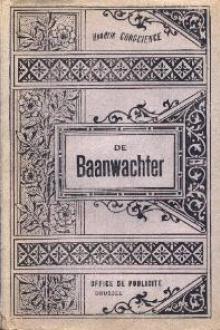
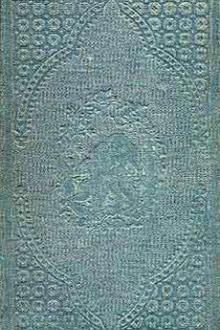
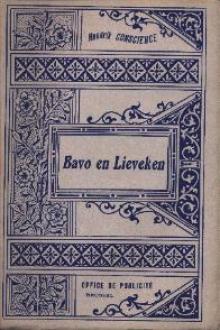
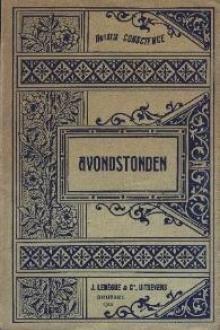
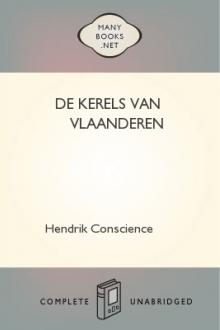
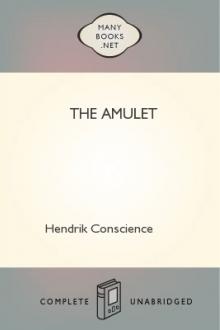
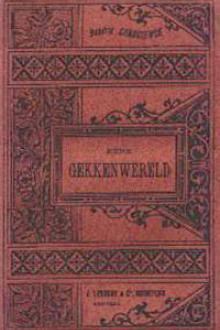
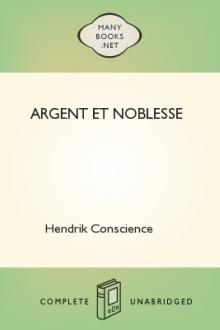
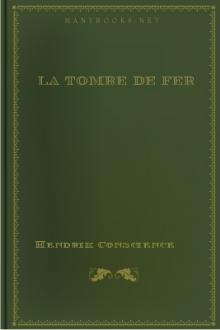
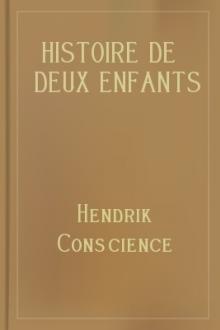
-itok=vcKIB5v1.jpg)
